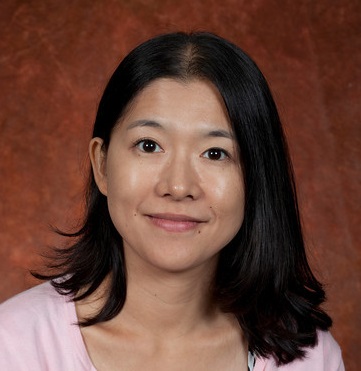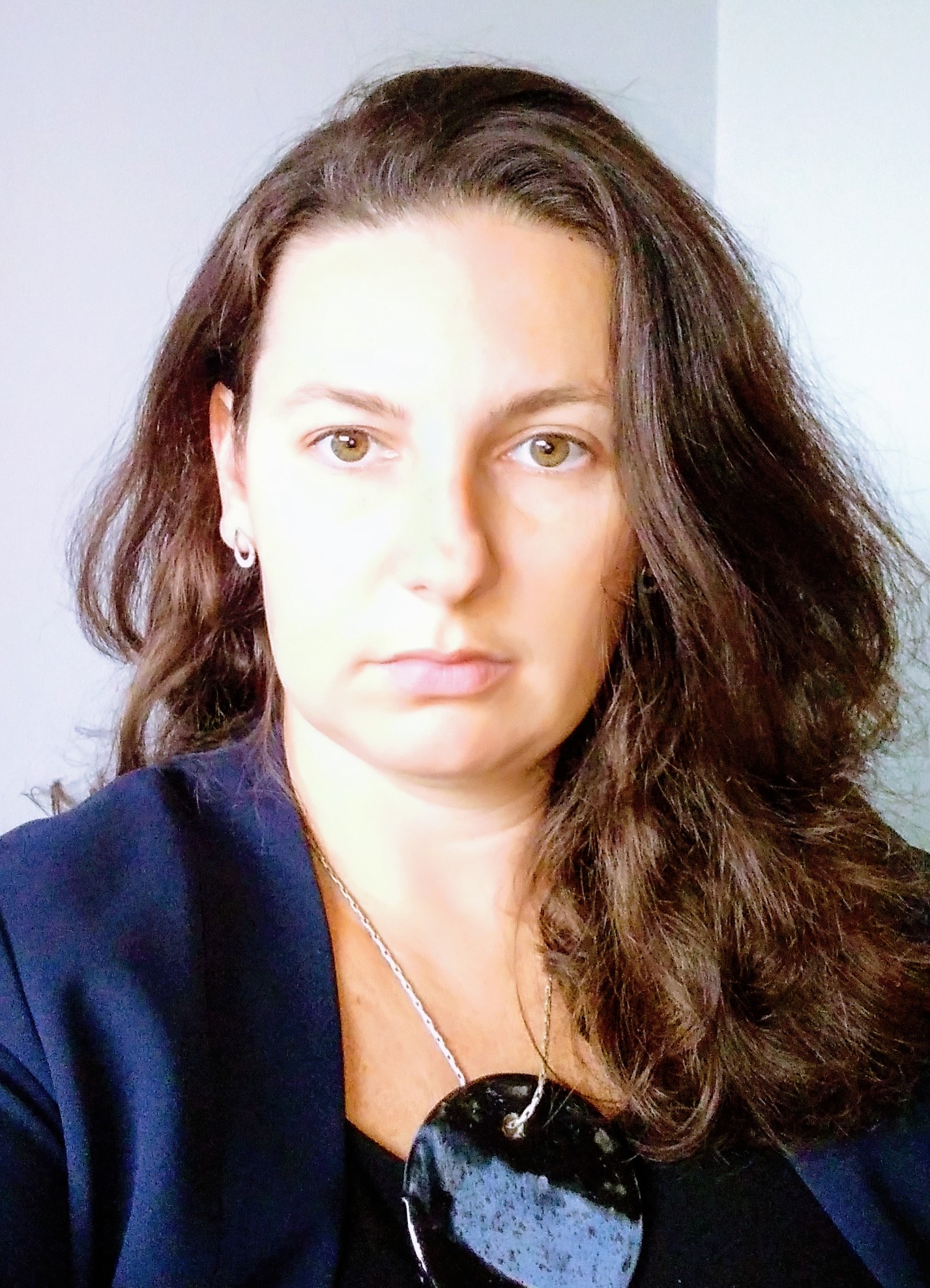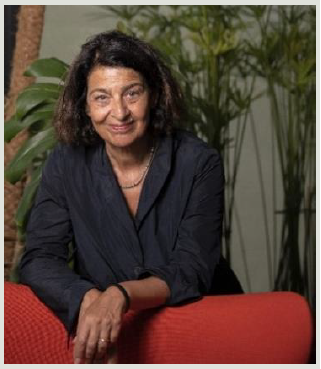Events
2025.07.03
Public Lecture by Prof.Motoko Akiba sponsored by CASEER
Middle School Teachers’ Workload, Stress, and Job Satisfaction:
A Comparison between Japan and the U.S.
Click here to view the poster
Overview
Despite the concern over heavy teacher workload both in Japan and the U.S., little is known about how teacher work is distributed across various tasks and how these various workloads are associated with job-related stress and job satisfaction in these countries. Using nationally representative teacher survey data from the OECD 2018 Teaching and Learning International Survey (TALIS), we found both similarities and differences in how middle school teachers spend their time on various tasks in Japan and the U.S. We also found that general administrative work was associated with greater stress and less job satisfaction in both countries. In Japan, time spent on grading and extra-curricular activities was associated with negative outcomes, but professional development was associated with less stress and greater satisfaction. In the U.S., school management and teamwork were associated with positive outcomes.
Date & Time
Thursday, July 3, 2025, 17:00-18:30
Location
Room 158, 1F, Faculty of Education Building, Hongo Campus
Format
This seminar will be held in a hybrid format, offering both in-person attendance at the venue and online streaming.
The access URL will be provided in the confirmation email to those who choose to attend online.
Fee
Free
Language
Japanese
Speaker

Prof. Motoko Akiba
Department of Educational Leadership & Policy Studies
Florida State University
Bio
Professor Motoko Akiba received a dual-title Ph.D. in “Educational Theory and Policy” and “Comparative and International Education” from the Pennsylvania State University-University Park in 2001. Her research expertise is in teacher-related policy and comparative education policy. She is originally from Ibaraki Prefecture and graduated from the University of Tsukuba with a BA in education. After receiving her Ph.D., Dr. Akiba served as a post-doc at Mills College on lesson study, and a senior researcher at McREL under the U.S. Department of Education. She joined the University of Missouri as an Assistant Professor and moved to Florida State University as an Associate Professor in 2012. Since then, Professor Akiba has served in various leadership positions including the Department Chair position from 2019-2021. Currently, Professor Akiba is serving as the Editor-in-Chief (EIC) of the American Educational Research Journal (AERJ), a signature journal of the American Educational Research Association (AERA) and she has led various initiatives including student editorship and a webinar for international scholars.
Application Form
Please register using this form.
Inquiry
c-kodoka(at mark)p.u-tokyo.ac.jp
Please change “(at mark)” to “@”.
2025.05.30
Japanese ODA towards Ukraine in the context of Polish-Japanese relations
Overview
This lecture examines Japan’s evolving development assistance to Ukraine, particularly after the 2014 and 2022 Russian aggressions. Utilizing documentary analysis and stakeholder interviews, it traces the shift in Japanese ODA, from pre-2022 initiatives focused on economic improvement, democratic consolidation, and societal resilience, to post-2022 efforts prioritizing direct budget support, humanitarian aid, and post-war reconstruction planning. Furthermore, it analyzes the impact of the 2023 revision of Japan’s Development Cooperation Charter and the “Vision for Peace” on these initiatives. Additionally, the paper explores the role of Polish-Japanese networks, including governmental, non-governmental, business, and civil society actors, in Ukraine’s recovery and reconstruction, highlighting the cooperation of entities like the Solidarity Fund, Japanese NGOs, and the Municipality of Cracow in supporting Ukrainian refugees.
Date & Time
30,May,2025 17:00-18:00
Venue
Room A200, Akamon General Research Building
Format
This event will be held in person only; online participation will not be available.
Language of delivery
English
Speaker

Prof. Olga Barbasiewicz
SWPS University in Warsaw, Poland
Professor Olga Anna Barbasiewicz is a Polish political scientist and Japanologist. She specialises in Japanese foreign policy and Polish-Japanese relations, researching political, economic and historical relations between Japan and Central and Eastern Europe. Moreover, she is the author of publications and exhibitions on the policy of the Polish government towards Jewish refugees during World War II, with particular emphasis on the role of Ambassador Tadeusz Romer.
開催主体
学校教育高度化・効果検証センター
2024.12.09
Click here to see the flyer
Overview
Global education policymakers have embraced school level leadership as a lever for educational change and there is a substantial body of research that illustrates both the power of and the impact of effective principals (school heads) on student outcomes. However, most of this literature has emerged from Canada, the United States, and the UK. What of the rest of the world? The field of comparative education in particular has engaged the topic of school leadership unevenly, leaving large gaps in what is known in most of the world. This presentation will invite participants to ask why that is, and to consider the research and policy contexts that have told some stories about school leadership but not others. The presentation will provide an overview of the current international knowledge base about school level leadership—the knowledge, skills, and beliefs of effective principals as well as the professional pathways that produce school leaders. It will then provide an overview of “leadership in the middle tier,” a concept of growing interest with global education organizations like UNESCO. And it will conclude with a discussion of the ways that deeper understanding of context can shape future research into school leadership, for the benefit of both the scholarly field and day-to-day practice in schools.
Date and Time
Monday, December 9, 2024, 1:00 p.m. – 2:30 p.m.
*After the lecture, a social event with light refreshments will be held.
Place
Room A200, 2F, Akamon General Research Building(AKAMON SOGO KENKYUTOH), Hongo Campus, The University of Tokyo
< Access>
https://www.p.u-tokyo.ac.jp/access
https://www.u-tokyo.ac.jp/campusmap/cam01_08_02_j.html
Speaker
Prof. Joseph Flessa
The Ontario Institute for Studies in Education of the University of Toront
Bio
A former teacher and school principal, Joseph Flessa’s earned a PhD in policy research from the University of California, Berkeley. His current scholarship focuses on comparative educational administration, and school leadership and policy in diverse schools. He has worked in principal development in the US and in Chile; in Canada he helped establish the First Nations Schools Principals’ Course for leaders of Indigenous schools on reserve. Professor Flessa is widely regarded as an exemplary teacher and dedicated supervisor. In 2021, he was awarded OISE’s Distinguished Contributions to Teaching Award. He is currently Professor of Educational Leadership and Policy where he supervises many EdD and PhD students, and Associate Dean, Programs at OISE.
Holding style
face-to-face
Language
The seminar will be held in English.
*We are considering using Japanese subtitles.
How to apply for participation
To participate, please fill out the form below by Sunday, December 8.
https://forms.office.com/r/GBpC7y27KW
2024.07.05
Summary
This talk is organized around three major themes that emerged from a study of 8 nations — Denmark, Finland, Norway, and Sweden in the Nordic group and Japan, Singapore, South Korea, and Taiwan in East Asia. The first theme is the importance of the relationship between teachers and the nation state in defining national educational policy and the functions of the public school system. The second is that globalization itself is neither static nor a linear process. The impact of globalization varies over time and across place, and globalization theories must account for a world cultural dynamic that is not generated solely by transnational organizations but is increasingly elaborated and altered within national cultural contexts. Third, we propose a reconceptualization of how regional networks or regional effects interact with world culture dynamics in order to fully understand how globalization effects on nation states within distinct regions of the world.
Date and Time
Friday, July 5, 2024, 5:30-7:00 p.m. JST
Place
Room 158, 1F, Faculty of Education Building, Hongo Campus, The University of Tokyo
<Access to the Venue>
Please click the link below.
https://www.p.u-tokyo.ac.jp/access
※High Flex
You can participate in person or online.
Language
The seminar will be held in English.
Presenter
Professor & H.L. Batschelet Chair of Education, Department of Education Policy Studies, Pennsylvania State University
Chair
Hideto Fukudome, Professor, Graduate School of Education, the University of Tokyo
How to apply for participation
To participate, please fill out the form below by Thursday, July 4.
If you want to participate online, we will send you the link.
https://forms.gle/tfvtJTo2gj9jZbhR7
2024.04.12
CASEER SEMINAR
The Temporal Dimension of Policy Transfer
The presentation discusses the global reform wave School-Autonomy-with-Accountability (SAWA) that traveled across the global between 1990s and 2010s.
It provides a retrospective analysis of the temporal dimension of that global education reforms.
Drawing on a comparative, transnational, and global perspective and using SAWA as an example of fundamental reform,
Professor Gita Steiner-Khamsi differentiates between the time, timing, tempo, sequence, lifespan, and age of policies.
The study contributes to public policy studies with special attention given to the education sector.
Date/Time
April 12, 2024 (Friday) 17:00~18:30
Style of the Event
Face-to-face only (planned)
Venue
The Ito International Research Center (3F)
Hongo Campus, The University of Tokyo
Click here for campus map (in Japanese)
Moderator
Prof. Yuto Kitamura
(Graduate School of Education and Director of CASEER at the University of Tokyo)
Language
English
Speaker
Prof. Gita Steiner-Khamsi
(Teachers College, Columbia University)
Professor GitaSteiner-Khamsi is the (designated) William Heard Kilpatrick Professor of Comparative Education at Teachers College, Columbia University, New York.
She also holds the Honorary UNESCO Chair of Comparative Education Policy of the Graduate Institute of International and Development Studies in Geneva, Switzerland.
She published thirteen books on policy borrowing and lending, comparative methodologies, and global governance in the education sector. She is currently a JSPS Invitational Professor at Kobe University.
How to Apply
Contact
If you have any questions, please contact us.
2022.03.22
2022.01.29
2020.01.23
2018.12.11
2018.12.06






